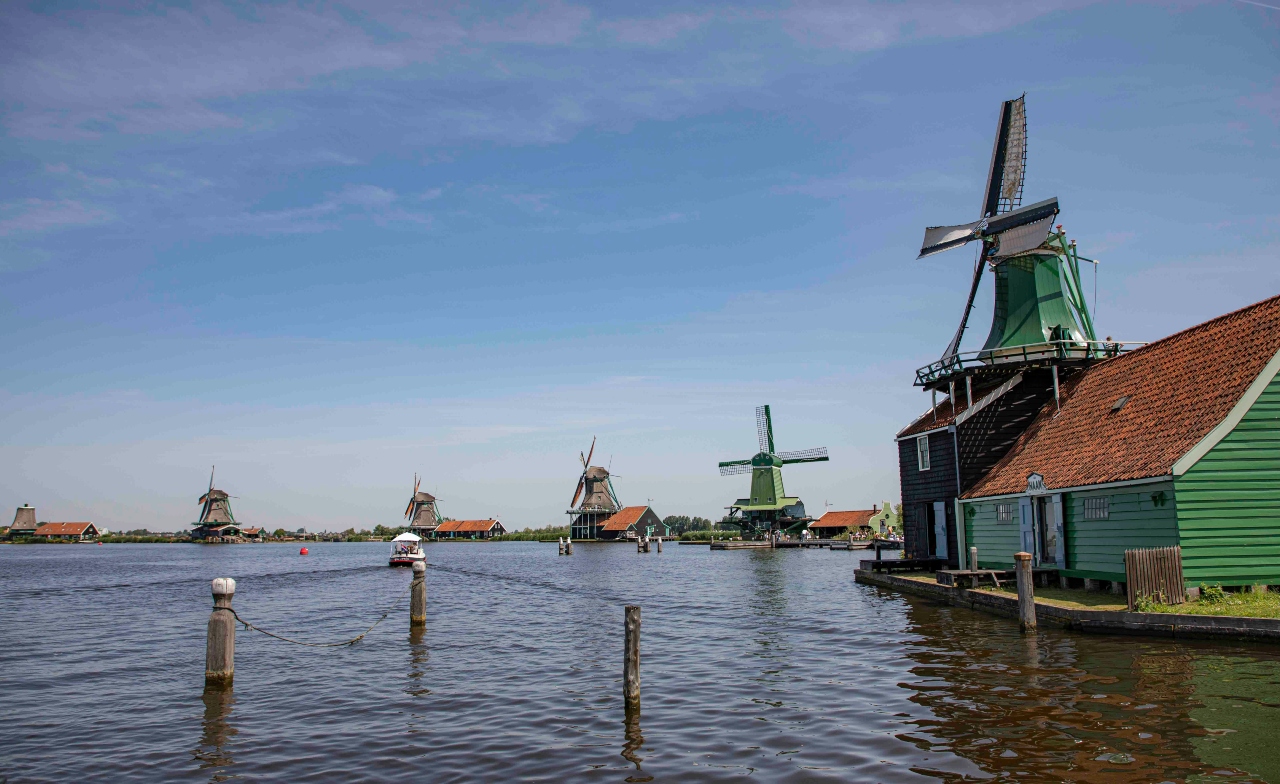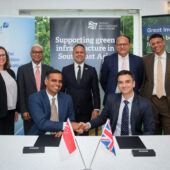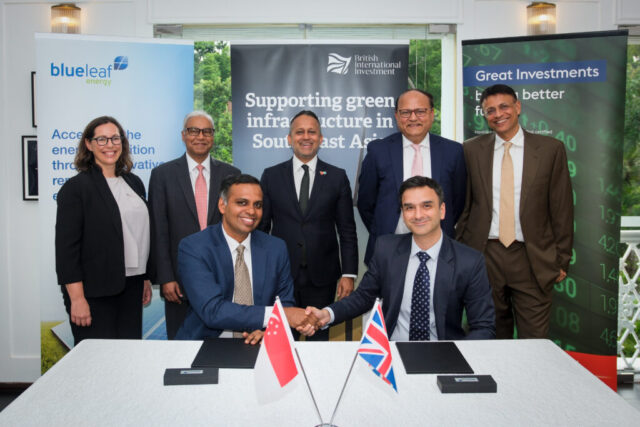A new national investment bank in the Netherlands may be able to raise over €100bn to fund major transitions in defence, energy and technology, a group of prominent Dutch business leaders say.

The Netherlands needs one powerful government vehicle to finance the energy transition, defence spending and agricultural reform. The new vehicle should have assets available of at least €10bn. That’s what 50 leading Dutch entrepreneurs and scientists are proposing in an open letter to the Dutch cabinet, and finance minister Eelco Heinen in particular.
Another new fund? The Netherlands already has many government funding institutions, such as Invest-NL, the National Growth Fund, Invest-International, the National Heat Fund, the Dutch development bank FMO, the National Green Fund and the public housing incentive fund SVn. There is also already a Dutch municipal bank (BNG) and a bank for the public water sector (NWB Bank).
But according to the prominent signatories of the proposal, that is precisely the problem. They include Prince Constantijn van Oranje, a special envoy of Dutch ecosystem builder TechLeap; Peter Wennink, a former CEO of semiconductor company ASML and Dolf van den Brink, CEO of brewer Heineken. With every new challenge, politicians set up a new fund, with its own rules and criteria, they argue. As far as the initiators are concerned, this fragmentation leads to “a costly and rigid system of separate instruments”.
That’s why all these separate funding desks should merge into one national investment bank, just like in other European countries, such as Germany and France. This would save in overhead costs and provide clarity and scale, the initiators say.
Subsidy tendency
“Because we do not have a decisive government bank in the Netherlands, there is a tendency in government policy to use subsidies too often,” says supervisory board member Jeroen Kremers. Kremers, one of the initiators of the proposal, argues that a taxpayer loan is often a better option. After all, it has to be repaid, which is not the case for subsidies. “Look at Tata Steel, for example. There, a participation would possibly be a good instrument, also because it gives you a say as a government.”
A national investment bank with €10bn in equity could raise over €100bn on the capital market for loans, the signatories calculate. The initiators submitted their idea to the finance minister three weeks ago, Kremers says. They also informed the relevant trade ministers, so as not to overwhelm the cabinet with their proposal.
Take it or leave it
“If BNG and NWB continue to provide their services outside the national investment bank, it is natural for the central government to scale down its involvement with these institutions to save costs and avoid duplication. The same applies to others who do not participate. Take it or leave it,” the proposal to the cabinet reads.
The question is how the funding institutions view the proposal. The Growth Fund declined to comment on the plan. “That is up to the fund manager, the finance ministry,”’ says a spokesperson. BNG says it recognises “the market needs and the challenges raised”. “However, we have not been involved in this initiative to date,” a BNG spokesperson says. NWB Bank did not respond to questions from FD.
For Michael Jongeneel, CEO of FMO, the proposal has no benefits for his bank. “We work in emerging markets and have different clients. This brings a very different dynamic. That’s why Invest International split from FMO in 2021.” FMO is the largest and most profitable bilateral development bank in Europe, he continues. “In other words: if it ain’t broken, don’t fix it.”
This article originally appeared in Dutch business newspaper Het Financieele Dagblad on 14 April, 2025.





